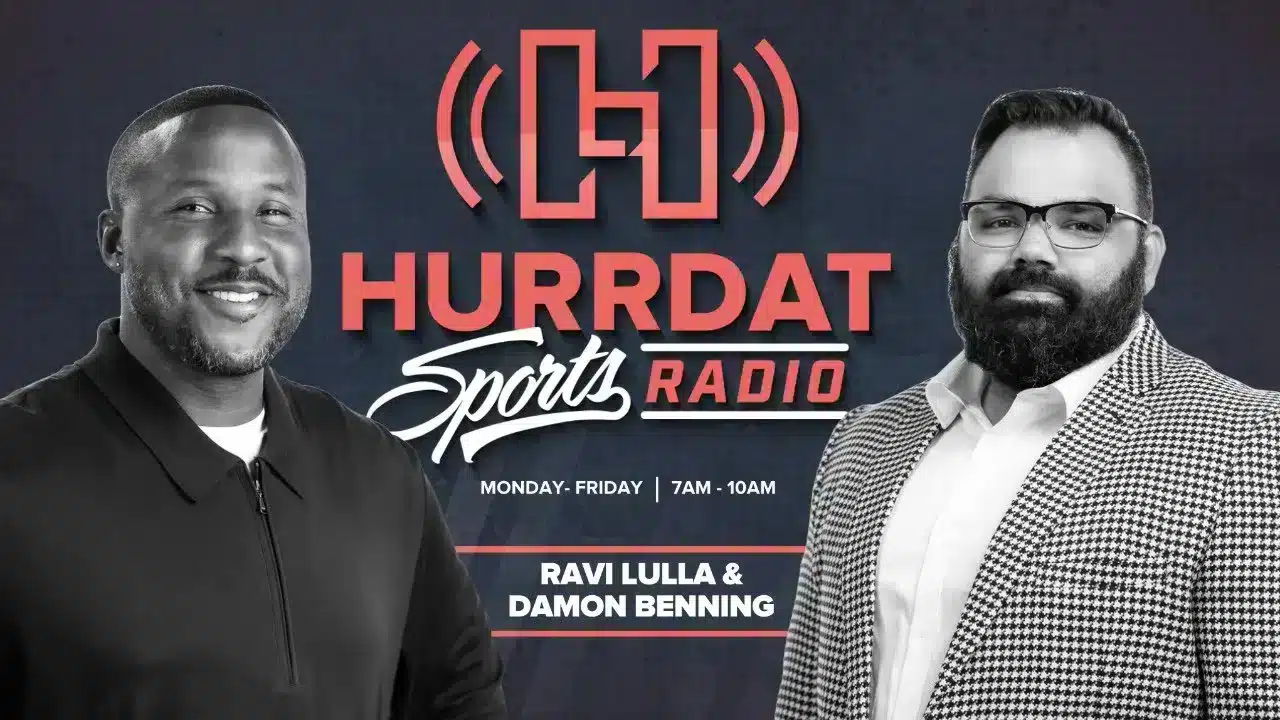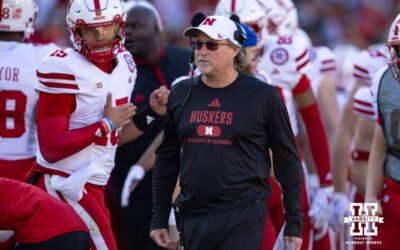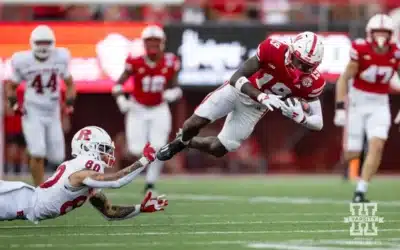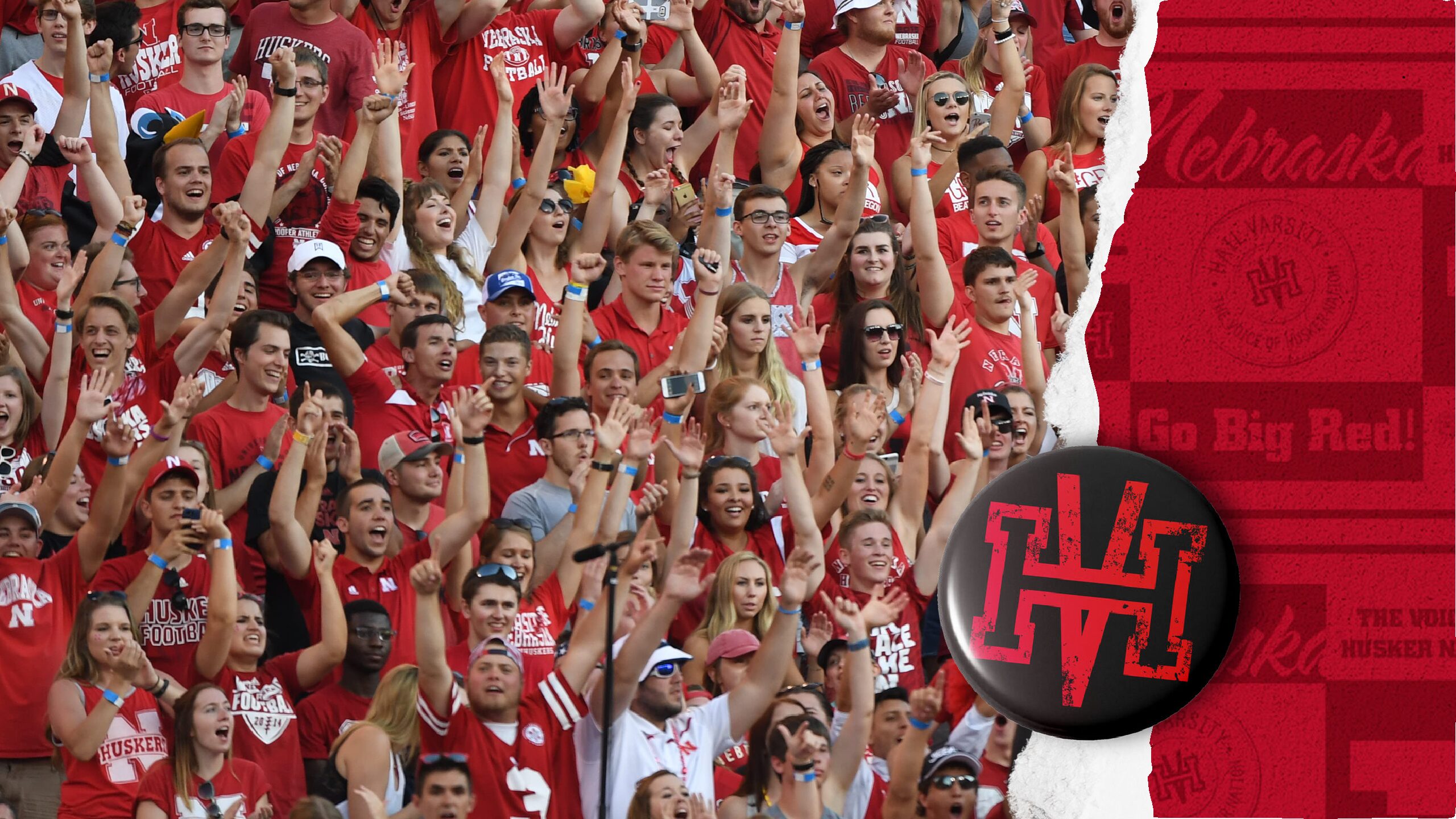Today on Hurrdat Sports Radio, hosts Ravi Lulla and Damon Benning dive into the ongoing complexities and pressing concerns surrounding Nebraska football. They provide an in-depth look into how Nebraska’s coaching strategies, player performance and fan expectations interplay during a challenging season.
Lulla and Benning kick it off by tackling Nebraska’s on-field inconsistencies, specifically looking at the team’s fluctuating performances against key opponents like Ohio State, Indiana and UCLA. Benning points out that Nebraska’s competitiveness against Ohio State demonstrated the team’s potential, yet he notes a stark contrast in following games. According to Benning, maintaining “competitive endurance” — the ability to stay focused and locked in over an entire game — was crucial. He suggests that it might require better mental and emotional preparation rather than merely physical readiness.
Lulla raises an intriguing point about the impact of bye weeks, observing that Nebraska had shown noticeable shifts in intensity and game planning following breaks. The discussion highlights how opponents, such as UCLA, appeared far more prepared post-bye, presenting challenges that Nebraska struggled to counter. Benning stresses the importance of a structured hierarchy for effective accountability — “Head coaches coach coordinators, coordinators coach position coaches and position coaches coach players.” He believes that each role must be respected, with players executing their duties based on their position coaches’ instructions. Any input outside this structure, he explained, is beneficial but not essential, as it can sometimes create confusion rather than reinforce team strategy.
Benning and Lulla address how the Huskers have faced persistent challenges inside the 20-yard line, often falling short in critical scoring situations. Benning hints that a reevaluation of play-calling and execution could be necessary, and that coaches and players alike need to “self-scout” to improve their red-zone outcomes.
Lulla and Benning acknowledge the role of fans and the natural frustrations that arise from a season with unmet expectations. Lulla highlights the gap between fan reactions and the coaching staff’s calm approach to in-season challenges. He explains that while fans can “fan” as they please, they try maintaining an objective perspective focused on long-term improvements rather than knee-jerk reactions.
Finally, Benning points out the remaining games as a pivotal opportunity for the team to prove themselves and secure a bowl game. He suggests that the team’s next steps would involve strategic changes and might even include younger players stepping into roles that could provide fresh energy on the field.




